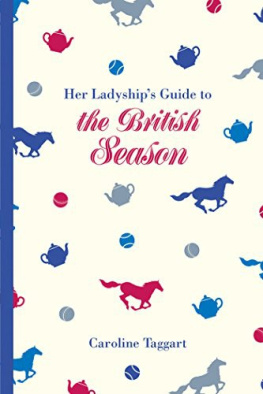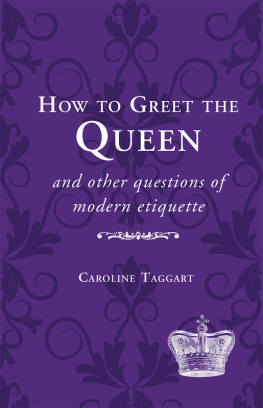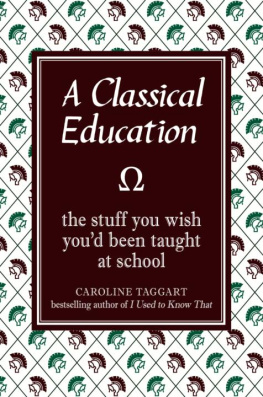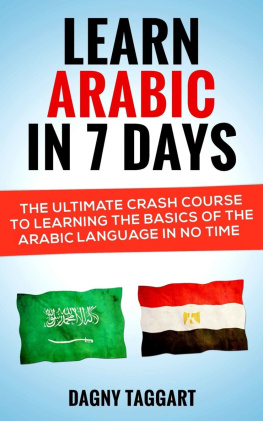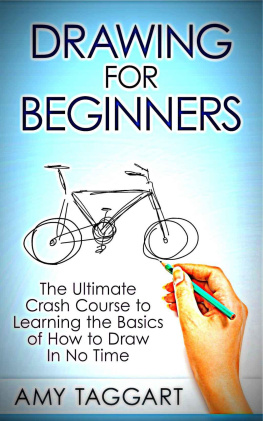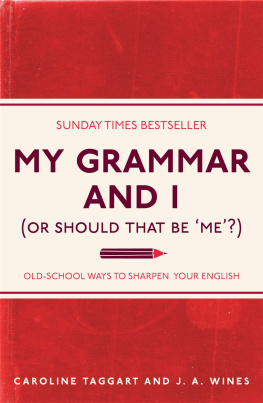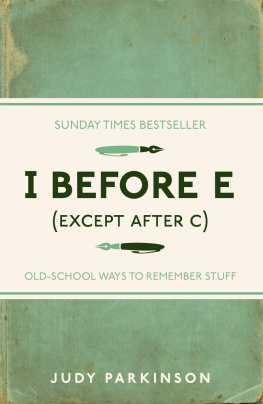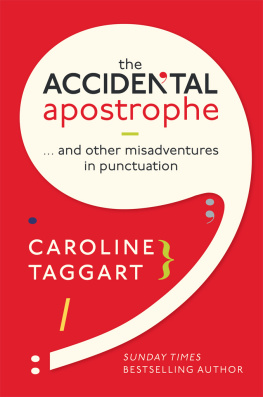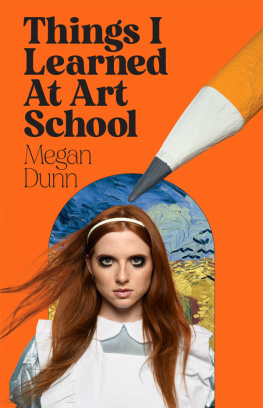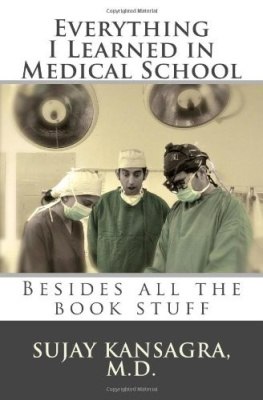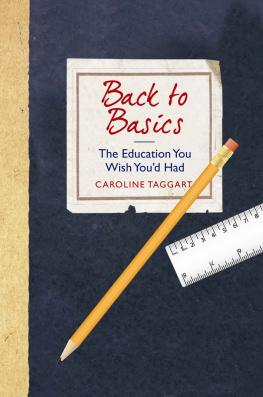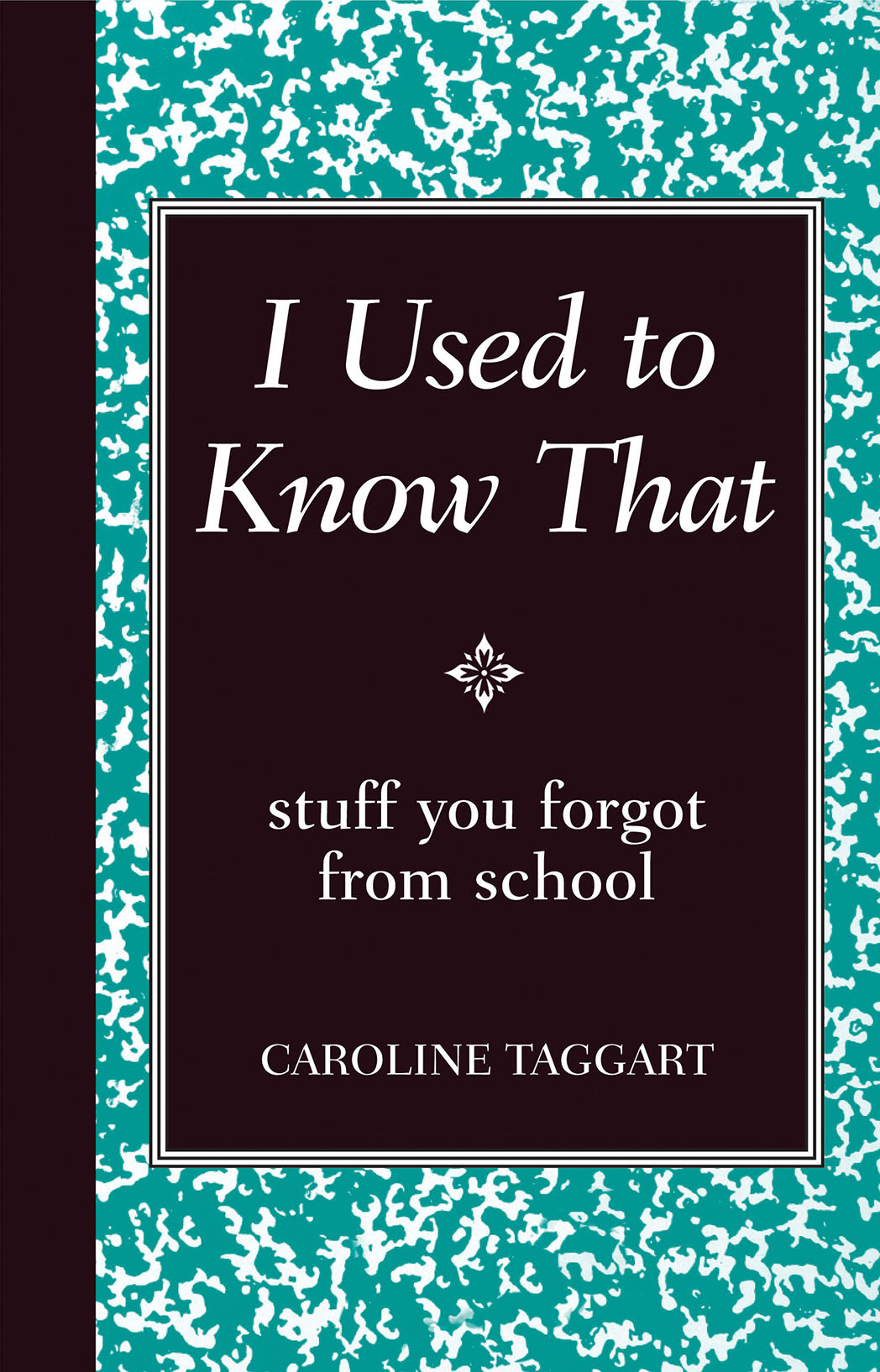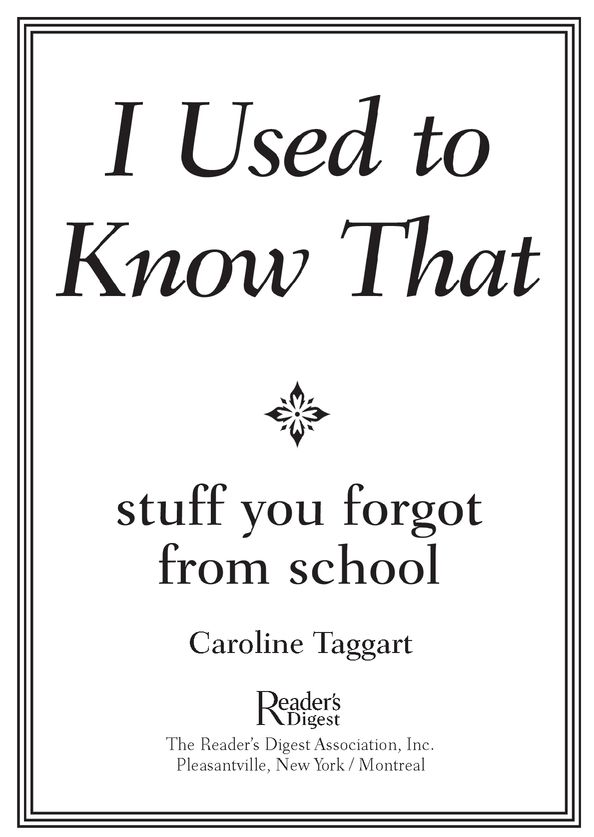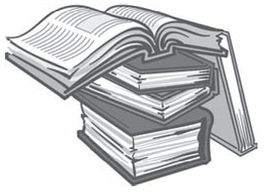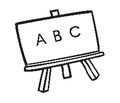Table of Contents
Ive a grand memory for forgetting.
Robert Louis Stevenson
For Jon and Nic, who are old enough to start forgetting this sort of stuff; and for Mishak and Camille, who are just beginning to learn it.
Introduction
When I started to write this book, I realized that I did remember lots of different things, but I didnt always remember those facts completely, or necessarily accurately. I knew, for example, that The Assyrian came down like a wolf on the fold was a perfect example ofwhata dactyl or an anapest? I had to look it up. I remembered a bit about sines and cosines but had no idea why they were important. I used to know most of the principal bones in the body. How did that song go? The head bones connected to the neck bone, the neck bones connected to the Hmmm. And after years of study, I could not seem to name the dates of important wars or, for that matter, why they were fought (Im still having some trouble with that).
Geography was especially challengingjust when I thought I knew the capital of Burma, they change everything. Myanmar is tragically all over the news, and Im left scratching my head in bewilderment as to where it is exactly. Theres also a wealth of general information that I thought I knew, like Roman numerals and the Roman equivalent to the Greek gods.
Sometimes I hear a symphony and all I can remember is that it was composed by a man whose last name starts with Vor was it B?
In the course of talking to other people about what I should include in this book, I discovered two things: one, that everybody I spoke to had been to school, and two, that that was pretty much all they had in common. They had all forgotten completely different things. So with every conversation the book seemed to grow longer. One chat with an editor friend sent me rushing to add the active and passive voices to the English chapter. Another friend could recite British poetry verbatim but could not remember if the poem she so eloquently performed was by Keats or Shelley. Yet another friend confessed that she had completely forgotten what a square root was (though I have no idea why she suddenly wanted to know). In the end I had to stop discussing it, or this book would have surpassed the size of War and Peace. I also found in the course of researching the things I used to know that I learned more than a few things that I didnt.
All of which is a roundabout way of saying that I hope you, too, will learn something new or find things here that strike a chord, however faintly. Things that make you say, Oh, yes, I used to know that. Because by the time you read this, I will almost certainly have forgotten most of them again.
ENGLISH
Learning to read and write was just the beginning. After you had mastered that, you had to study how the language worked and, when you started to write your own stories, how to stay focused, develop content, organize material, maintain a consistent voice and style, and use proper grammar. If (perish the thought) you had to write poetry as well, there was a whole new set of conventions.
Parts of Speech
This is a way of categorizing words according to the function they perform in a sentence, and there are nine of them:
adjective: a describing word. Some examples include tall, short, brown, and blue. With one possible exceptionblond/blondeadjectives in English (unlike most European languages) are invariable; that is, they dont change according to the number and gender of the thing they are describing.
adverb: a word that describes a verb, an adjective, or another adverb. Adverbs answer such questions as how, when, or where: She walked aimlessly; light brown hair (where light is an adverb describing the adjective brown); they lived fairly frugally (where fairly is an adverb describing the adverb frugally). Most, but by no means all, adverbs in English are formed by adding -ly to the adjective.
article:Merriam-Webster defines an article as any small words or affixesused with nouns to limit or give definiteness to the application. Thats not very helpful, is it? It may be easier just to remember that the definite article is the and the indefinite articles are a and an.
conjunction: a joining word. Examples include and, but, though, and so on. Conjunctions link two words, phrases, or clauses together: Pride and Prejudice is Jane Austens most popular book, but I also love Sense and Sensibility, though Marianne can be really annoying.
interjection: a word to express emotion. For example, Aha! or Alas!
noun: a naming word. There are three categories:
Collective nouns describe a group of things. However, they are funny things. There are some genuinely useful ones to describe animals that live in groupsyou wouldnt talk about a gaggle of elephants, for example, or a flock of lions. But at some stage in history, someone thought it was useful to give collective names to almost a hundred birds where you might have thought that group, colony, or a whole bunch would serve the purpose. And there are many variations. If you are talking about a group of ducks, for example, you could say a badelynge, brace, bunch, dopping, flock, paddling, plump, raft, safe, skein, sord, string, or team. A charm of goldfinches, an exaltation of larks, and a parliament of owls are often quoted but rarely used in real lifebut once you start Googling for this sort of thing, you also come across a dopping of goosanders. (Goosanders? Some people have too much time on their hands.)
Proper nouns name a person, place, or thing that requires a capital letter, such as Caroline, Paris, or the Smithsonian Institution.
Common nouns cover general terms, such as street, book, and photograph.
preposition: a word that links nouns, pronouns, and phrases and indicates their relationship to the object in a sentence. Prepositions include words such as beside, through, over, during, at, in, to, on: The boy stood on the burning deck; it was Greek to me.
pronoun: a word that stands in the place of a noun. For instance, Caroline has forgotten a lot of stuff. That is why she is writing this bookwhere the pronoun she in the second sentence takes the place of the proper noun Caroline in the first. Other examples include it, he, her, his, me, and they.
verb: a doing word. A verb indicates the occurrence or performance of an action, or the existence of a state or condition, such as to be, to do, to run, to happen. This form of a verb (normally containing the word to) is called the


